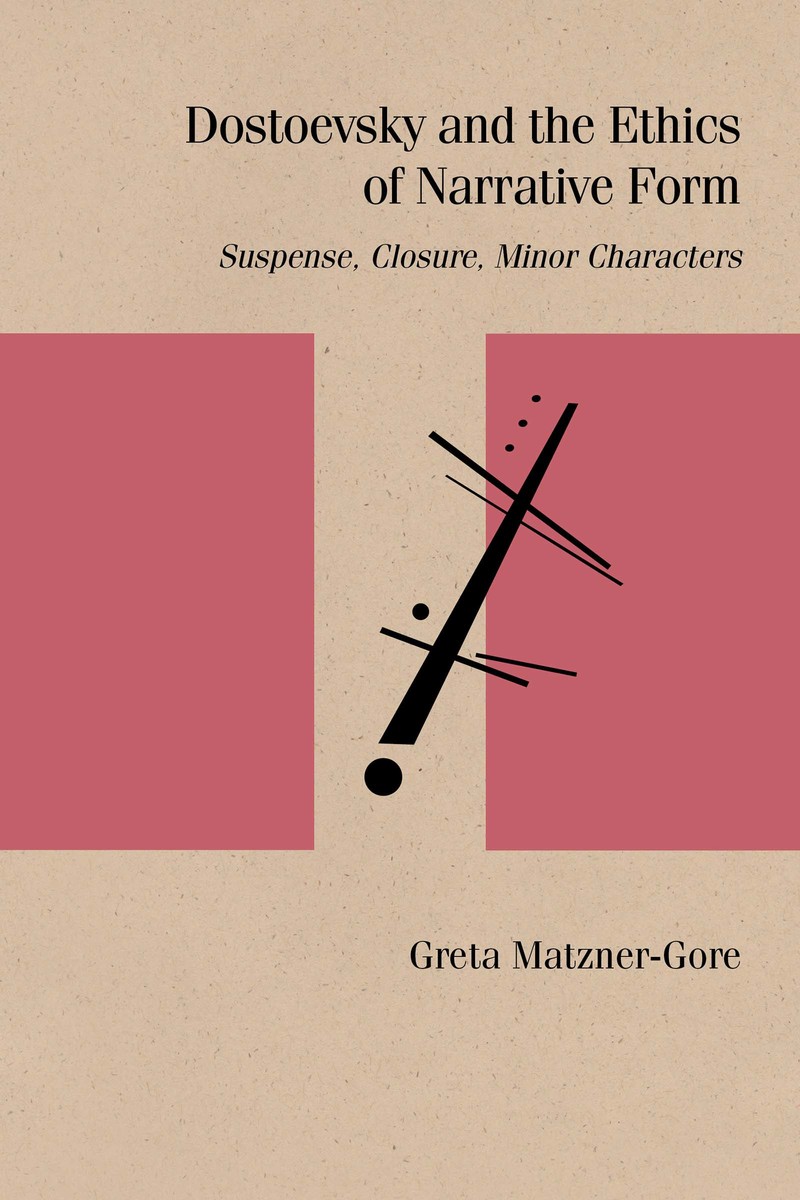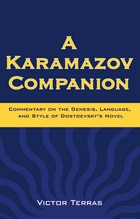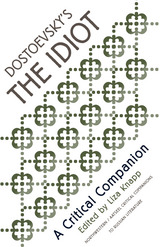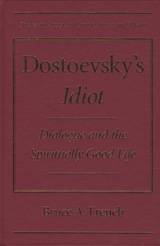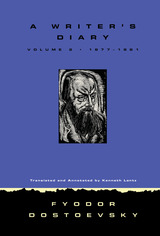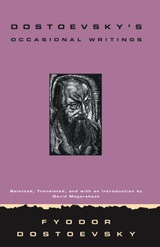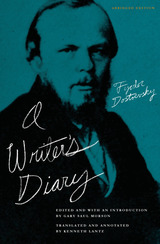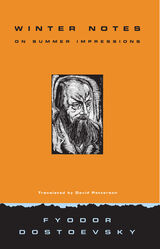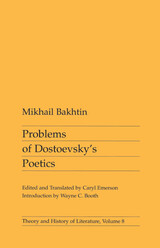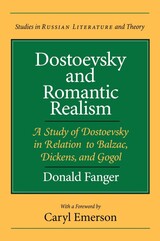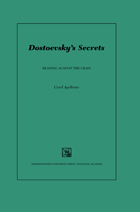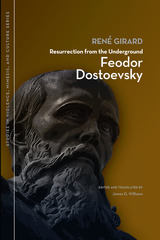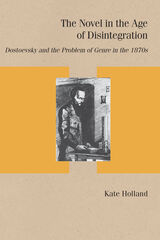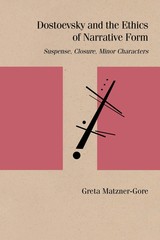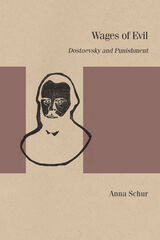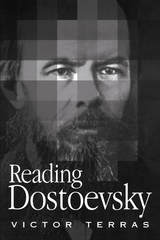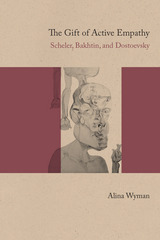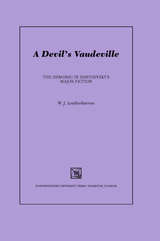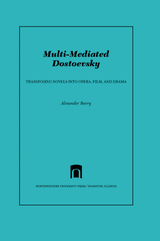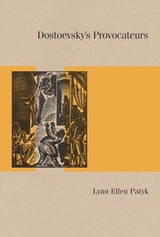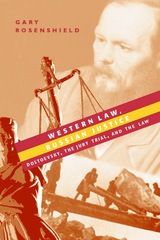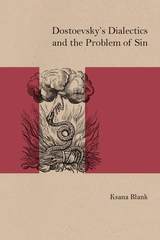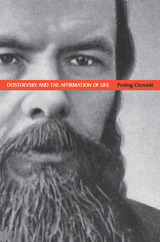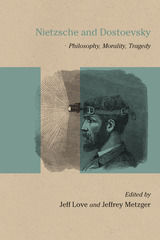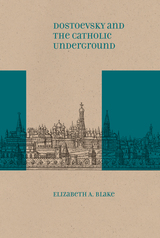Dostoevsky and the Ethics of Narrative Form: Suspense, Closure, Minor Characters
Northwestern University Press, 2020
Paper: 978-0-8101-4197-1 | Cloth: 978-0-8101-4198-8 | eISBN: 978-0-8101-4199-5
Library of Congress Classification PG3328.Z6M285 2020
Dewey Decimal Classification 891.733
Paper: 978-0-8101-4197-1 | Cloth: 978-0-8101-4198-8 | eISBN: 978-0-8101-4199-5
Library of Congress Classification PG3328.Z6M285 2020
Dewey Decimal Classification 891.733
ABOUT THIS BOOK | AUTHOR BIOGRAPHY | TOC | REQUEST ACCESSIBLE FILE
ABOUT THIS BOOK
Three questions of novelistic form preoccupied Fyodor Dostoevsky throughout his career: how to build suspense, how to end a narrative effectively, and how to distribute attention among major and minor characters. For Dostoevsky, these were much more than practical questions about novelistic craft; they were ethical questions as well. Dostoevsky and the Ethics of Narrative Form traces Dostoevsky’s indefatigable investigations into the ethical implications of his own formal choices. Drawing on his drafts, notebooks, and writings on aesthetics, Greta Matzner-Gore argues that Dostoevsky wove the moral and formal questions that obsessed him into the fabric of his last three novels: Demons, The Adolescent, and The Brothers Karamazov. In so doing, he anticipated some of the most pressing debates taking place in the study of narrative ethics today.
See other books on: 1821-1881 | Dostoevsky | Dostoyevsky, Fyodor | Literature and morals | Suspense
See other titles from Northwestern University Press
